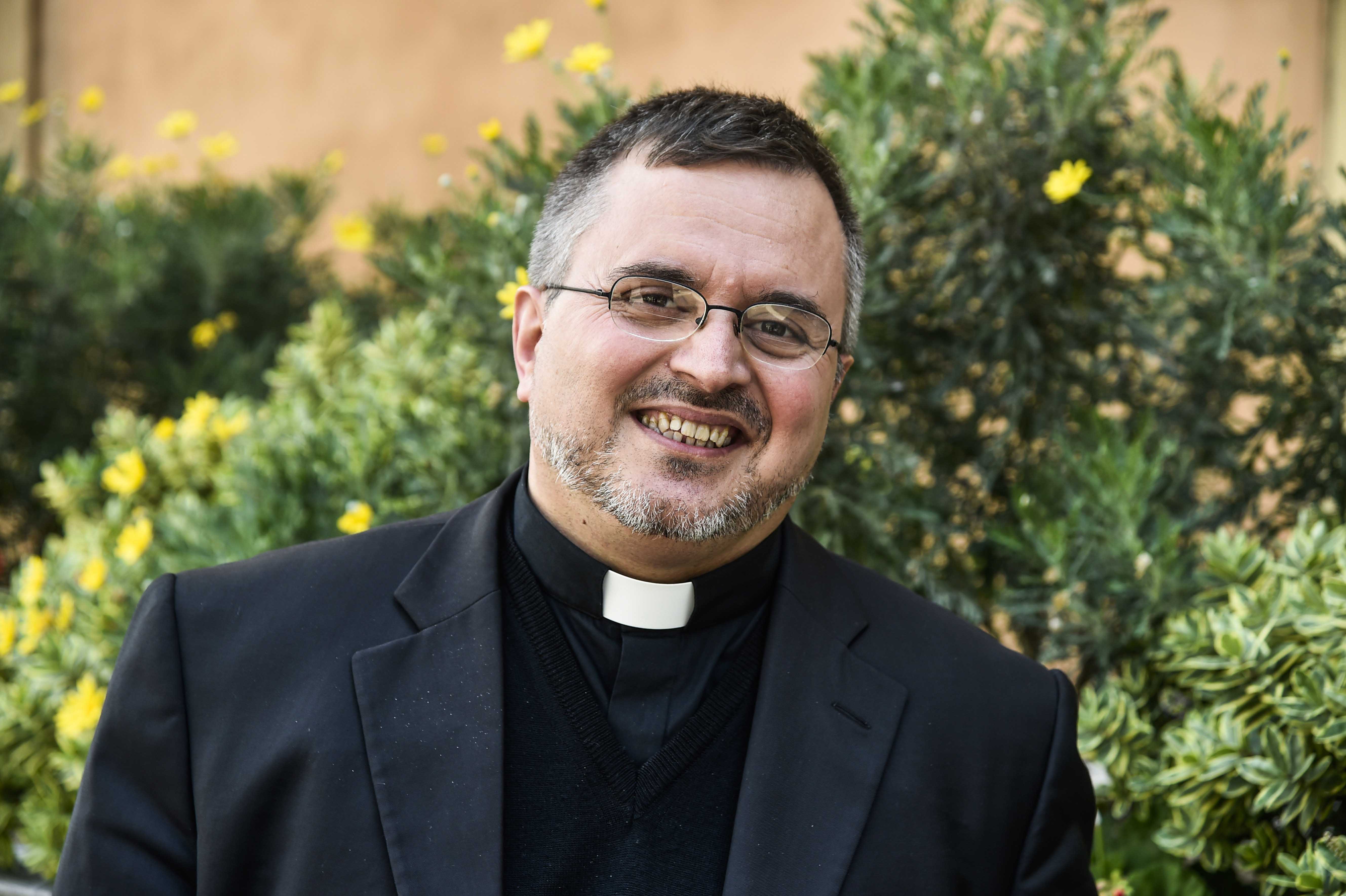FAMILY
A family counselling service that meets the needs of families in difficulty is the target of the project launched by Caritas of the Armenian Catholic Exarchate in Athens in conjunction with Caritas Hellas, the archdiocese of Athens and Caritas Italy. The first family counselling service in Greece will be fully operational in the coming weeks. The support of the Italian Bishops’ Conference (CEI) through the Office for the Pastoral Care of the Family

A family counselling service to meet the needs of families in difficulty is the goal of Msgr. Joseph Bazouzou, born in Aleppo, Syria, Apostolic Administrator for Catholics of Armenian rite in Greece, in conjunction with Caritas Hellas, the archdiocese of Athens, Caritas Italy and other partners that for the past weeks have been working on the launch of the initiative.

As known, past August 20 the Troika (ECB, EU and IMF) gave Greece the green light to exit its rescue program with a contribution of € 288.7 billion in loans in exchange for austerity and structural reforms, with cuts to social spending – from healthcare to pensions, from labour to education in return – which have severely affected families in the Country. According to estimates, the only source of income available in half of Greek households is the retirement benefit of one of its members. One in three families claims to have at least one unemployed family member. More than 30% of households cannot afford the payment of taxes, mortgages and bills. Divorces and separations are increasing, but they are not all of a conflictive nature. Many couples divorce only to try to obtain a reduction of individual tax burden. But there many broken families are a result of economic difficulties. Austerity measures have seriously affected also people with disabilities: many of them no longer receive the subsidies they did in the past due to cuts. In the former classification it was enough for a claimant to have more than 67% disability in order to obtain a pension, while today it has risen to 80%.
 A critical picture. This critical situation is further worsened by the constant inflow of migrants, assisted for the past three years by workers and volunteers of the reception Centre located in the premises of the Caritas offices of the Armenian Catholic Exarchate in Athens, in the area of Neos Kosmos. “At the beginning – Msgr. Bazouzou told SIR – most of the people needing our services were refugees and migrants, but with the passing of time also Greek families started to turn to us for help. We offered our assistance to everyone, albeit not in a systematic manner. We thus decided to implement this service that meets also families’ specific needs, starting with counselling.” The family counselling service– “unprecedented in Greece”, pointed out the prelate – promoted by the Caritas centre of the Armenian Catholic Exarchate in Athens, is supported by Caritas Italy and by CEI, by the Catholic University in Brescia and by Caritas Foligno, the latter active with its operative branch that goes by the name “Arc of the Mediterranean” and by the Italian Confederation of Family Counselling Centres of Christian inspiration, chaired by Father Edoardo Algeri.
A critical picture. This critical situation is further worsened by the constant inflow of migrants, assisted for the past three years by workers and volunteers of the reception Centre located in the premises of the Caritas offices of the Armenian Catholic Exarchate in Athens, in the area of Neos Kosmos. “At the beginning – Msgr. Bazouzou told SIR – most of the people needing our services were refugees and migrants, but with the passing of time also Greek families started to turn to us for help. We offered our assistance to everyone, albeit not in a systematic manner. We thus decided to implement this service that meets also families’ specific needs, starting with counselling.” The family counselling service– “unprecedented in Greece”, pointed out the prelate – promoted by the Caritas centre of the Armenian Catholic Exarchate in Athens, is supported by Caritas Italy and by CEI, by the Catholic University in Brescia and by Caritas Foligno, the latter active with its operative branch that goes by the name “Arc of the Mediterranean” and by the Italian Confederation of Family Counselling Centres of Christian inspiration, chaired by Father Edoardo Algeri.
The service of listening. “We held several preparatory meetings to define the details of the project that consider of special importance – said Msgr. Bazouzou – in fact Greece had no operating family counselling centre. We will therefore be the forerunners in this sector. Before the crisis that afflicted our Country there were social workers offering their services in schools and universities and meeting with the students. But now we are left without this basic service.” The Apostolic Administrator of Catholics of Armenian Rite in Greece is not at all worried about taking up this new commitment. “We have a complicated, challenging job ahead of us. Families are afflicted by countless problems also with regard to litigation, separation and divorce.
The service of listening provided by Family Counselling will help identify the best solutions.
The same applies to families with behavioural difficulties, and those with family members suffering from mental and physical problems. Often parents are not able to provide for the needs of their family nucleus, with severe psychological consequences. For this set of reasons it is necessary that trained counsellors assist families and guide them along the right path to overcome the crisis.” The small task force of the first Greek family counselling service is ready: “the team will comprise a psychologist, a gynaecologist, and a family counsellor”, along with Father Bazouzou. The office is located in the premises of the Caritas centre of Neos Kosmos and it is expected to be fully operational in the coming weeks. “We are already assisting four families, but in this initial stage – said the Armenian Father – we will focus on disseminating information on the Family Counselling Service.” The initiative is also having ecumenical effects as a result of contacts with clergy from other Christian denominations. The goal is to also involve the Greek-Orthodox Church. 
The commitment of the Italian Bishops’ Conference. This cooperation is welcomed also by the Italian Bishops’ Conference (CEI) that supports the project through its national Office for the Pastoral Care of the Family headed by Father Paolo Gentili. “The contribution of Italian Bishops to the Family Counselling project – Father Gentili told SIR – must be read against the backdrop of the consolidation of the ecclesial community made of families requiring the concrete support also with regard to pastoral ministry.
We heard the cry of help coming from the Greek Church and from other sister religious confessions. There is a community that needs to be rebuilt and this effort should be carried out also with accompaniment to married couples, families, every dimension of human life, the realm of affections and of faith. We will put our past experience in this field into the project. It is a pioneering project that will also be useful to re-establish true pastoral care of the family in Greece”, the Director concluded.